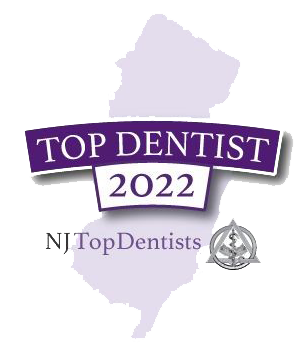
4 Types of Headaches: Which Kind Is Causing You Pain?

When you develop a headache, your primary concern is probably trying to alleviate the pain rather than trying to identify what type of headache it is. Nevertheless, if your headaches are chronic, it can absolutely be worthwhile to try to identify the type and cause so that you know how to best treat it.
Hundreds of classifications of headaches exist. In this blog, Dr. Ivan Stein and Dr. Allan Stein of the Headache & TMJ Center of New Jersey describe the four most common types.
Migraine
The term migraine is often used as a synonym for headache, when in fact it is a type of headache. It is characterized by throbbing pain, usually concentrated to either side of the head. People who are experiencing a migraine typically experience nausea and sensitivity to light and noise. A migraine can last anywhere from a couple hours to three days. Migraines are generally considered genetic; while they cannot be cured, they can be managed to limit suffering.
Tension Headache
The pain from a tension headache stretches around the perimeter of the head, affecting the temples, forehead and back of the head. It is sometimes known as a “hatband headache” since it causes discomfort in the areas where a hat would rest on the head. While the pain can last a few hours to a few days, patients have found success managing this pain through physical therapy and anti-inflammatory drugs.
Cluster Headache
The word “cluster” refers to a series of headaches that strike throughout the day for many consecutive days. Each headache lasts anywhere from half an hour to two hours. Although these headaches are shorter than other types, their frequency and the intensity of pain they inflict (concentrated to one side of the head) make managing these cluster headaches essential.
Hypnic Headache
Hypnic headaches occur only at night, usually around the same time each day. Although the pain lasts less than hour, it affects both sides of the head. People affected with this condition generally do not develop it until after middle age. Standard pain medications are not usually effective in treating hypnic headaches. Counterintuitively, drinking caffeine before bed has been found to be one of the most useful forms of relief.
Learn More about Your Pain from Headache Experts
Often, headaches are the result of TMJ. If you experience frequent headaches as well as stiffness in your jaw, a dentist may be your best bet for relieving this pain. Schedule a consultation with Dr. Stein and Dr. Stein at their office in West Orange, NJ by calling 855-TMJ-DOCS today.

